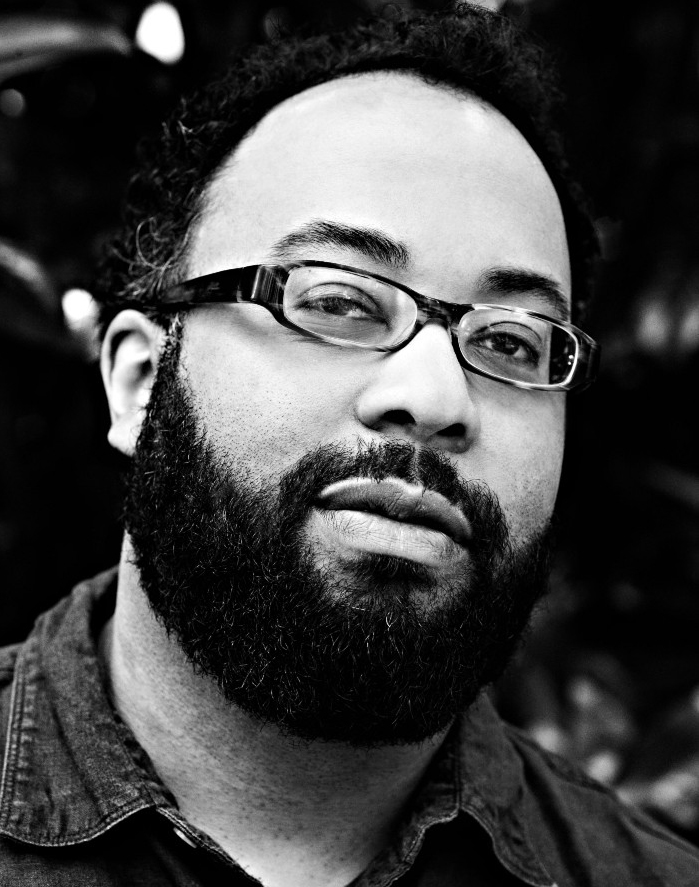

Young is the author of fifteen books of poetry and prose, including Stones, shortlisted for the T.S.


He previously served as the director of the Schomburg Center for Research in Black Culture. Mellon Director of the Smithsonian’s National Museum of African American History and Culture. It’s one of those rare reading experiences that I recognized, even as I read it, as a book I was going to buy over and over again, to give as a gift to friends who’ve had that certain hole cut out of them, the loss that you can recognize from a distance, even in the happiest of times.Kevin Young is the Andrew W. "I’ve read plenty of books about grief and about coming through grief in my life, but I’ve never before encountered a book that gets it as right as Kevin Young’s Book of Hours.

As such, many of his poems are both sad and sweet, solemn and celebratory, reading like tender eulogies for whatever a father’s future can hold." - The Boston Globe "In Young’s poems, loss is built into beauty, and while (for the most part) we take turns experiencing them, they never seem truly separate. "Young’s tone is always pitch-perfect in these poems." - Los Angeles Times Young wrestles with loss and joy with enviable beauty and subtlety." - Publishers Weekly "An impressively musical exploration of grief and endurance. "If you read no other book of poetry this year, this should be the one." - The Atlanta Journal-Constitution Capturing the strange silence of bereavement (“Not the storm / but the calm / that slays me”), Kevin Young acknowledges, even celebrates, life’s passages, his loss transformed and tempered in a sequence about the birth of his son: in “Crowning,” he delivers what is surely one of the most powerful birth poems written by a man, describing “her face / full of fire, then groaning your face / out like a flower, blood-bloom,/ crocused into air.” Ending this book of both birth and grief, the gorgeous title sequence brings acceptance, asking “What good/are wishes if they aren’t / used up?” while understanding “How to listen / to what’s gone.” Young’s frank music speaks directly to the reader in these elemental poems, reminding us that the right words can both comfort us and enlarge our understanding of life’s mysteries. “In the night I brush / my teeth with a razor,” he tells us, in one of the collection’s piercing two-line poems. A decade after the sudden and tragic loss of his father, we witness the unfolding of grief.


 0 kommentar(er)
0 kommentar(er)
